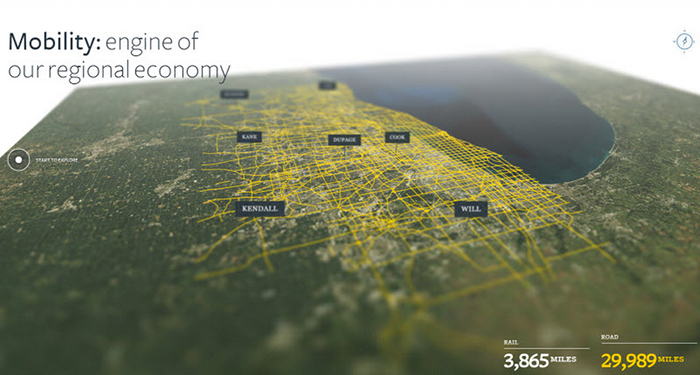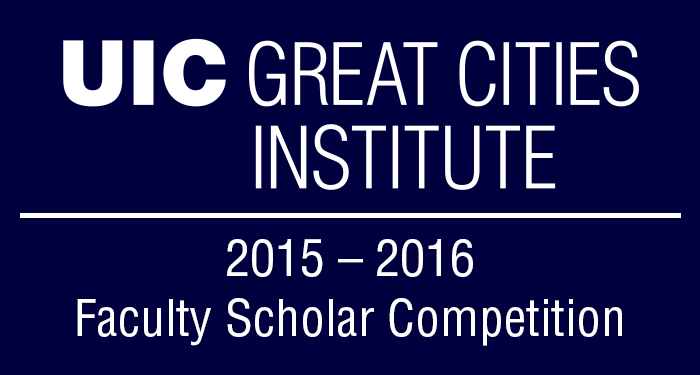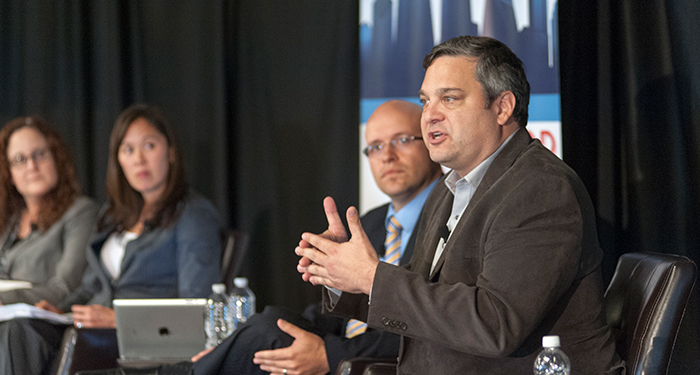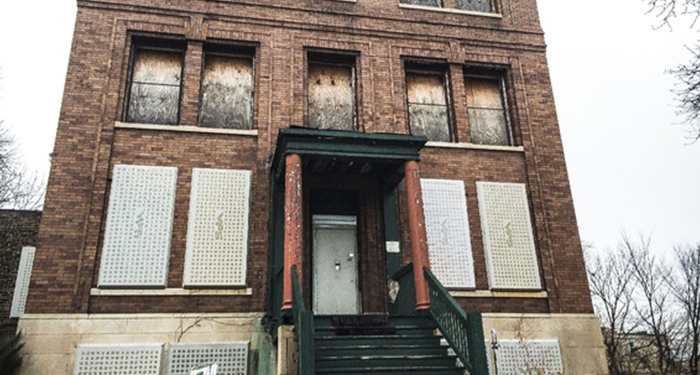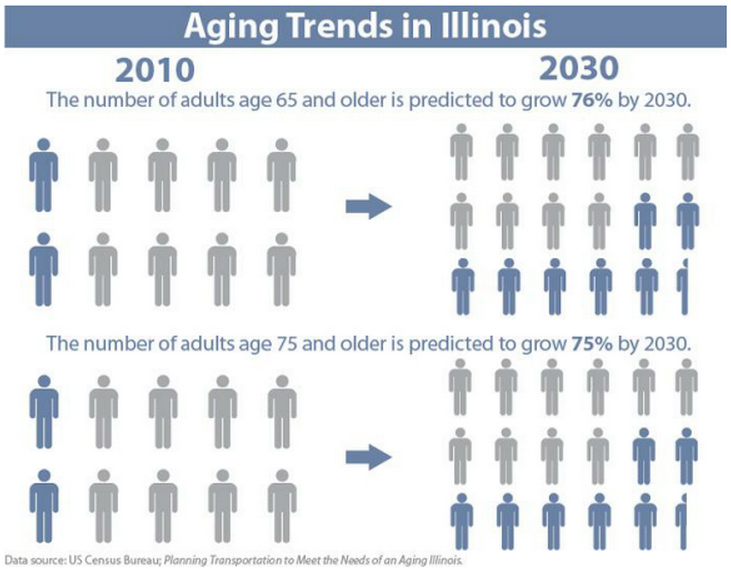
The report provides population projections for the older adult population, assesses housing, transportation, and mobility characteristics throughout Illinois to identify need, and reviews focused conversations with key stakeholders, offering conclusions and recommendations for improvement. Communities throughout Illinois will need to make significant revisions to current transportation options, explore more varied housing types and greatly augment health and human services alternatives to meet the day-to-day needs of this increasing Baby Boomer population. Greater cooperation between state and federal agencies and a concerted commitment by elected officials charged with managing human services is paramount to ensuring the welfare of older adults across Illinois in the years to come.
Funding for this report was provided by the Metropolitan Transportation Support Initiative (METSI), which brings together faculty, students, and transportation researchers to address topical issues with the goal to provide thoughtful planning and problem-solving solutions.
